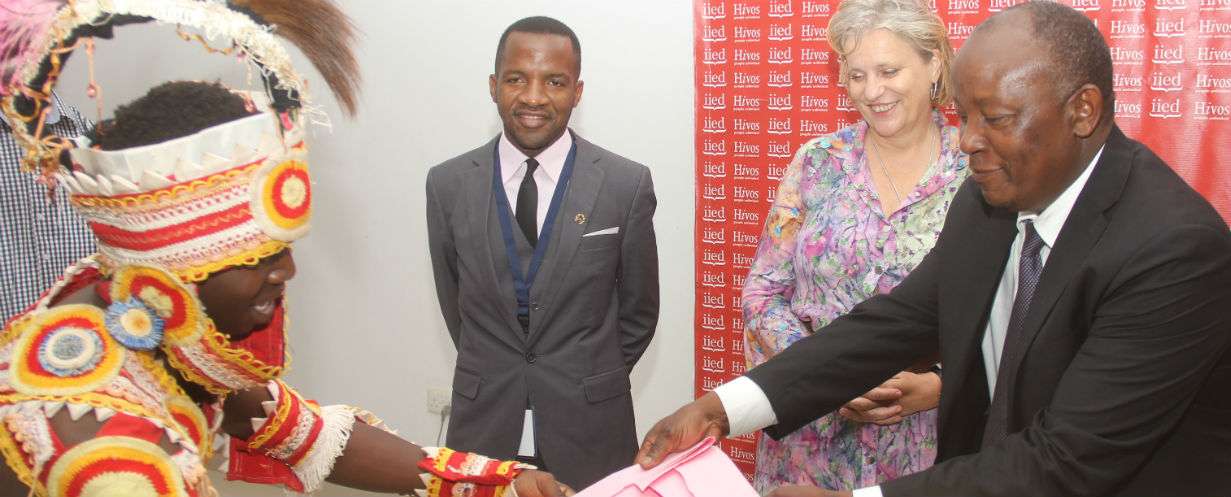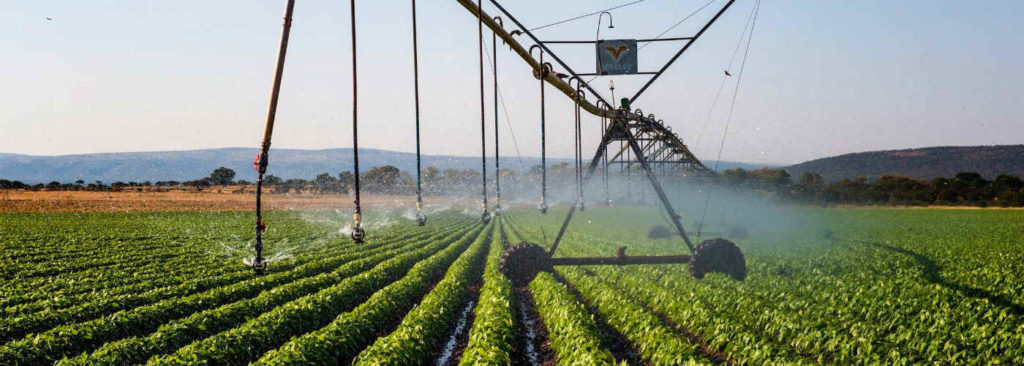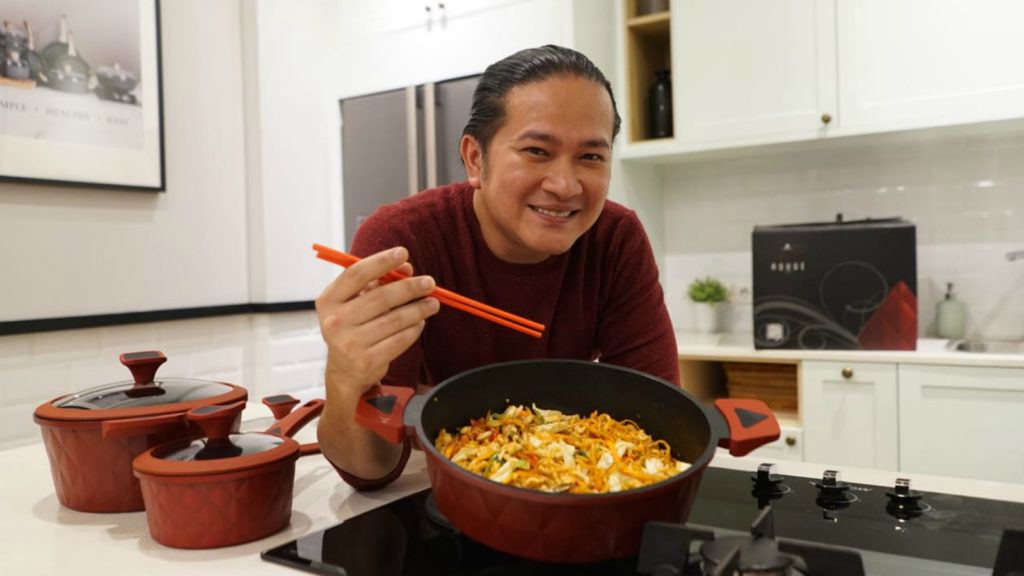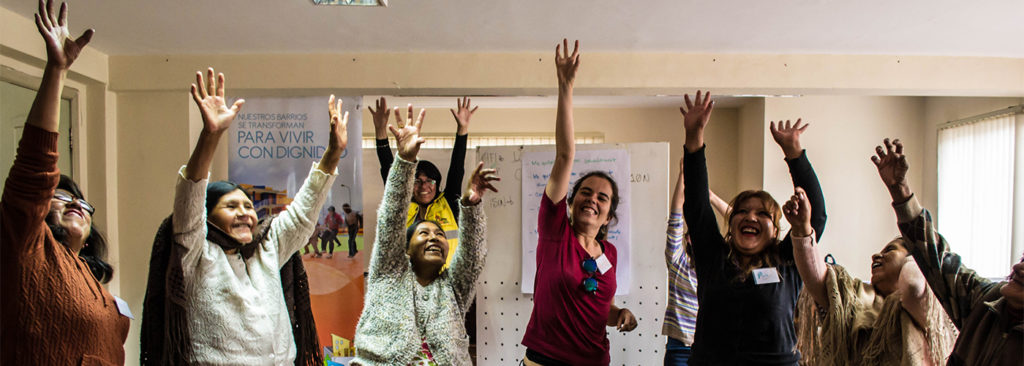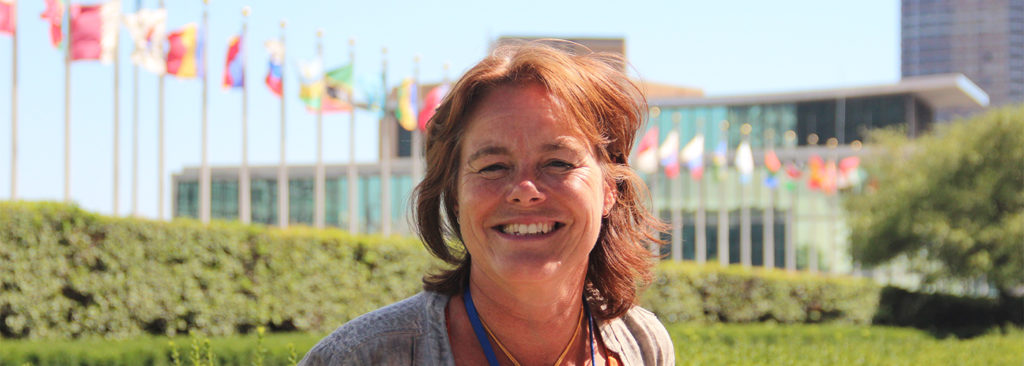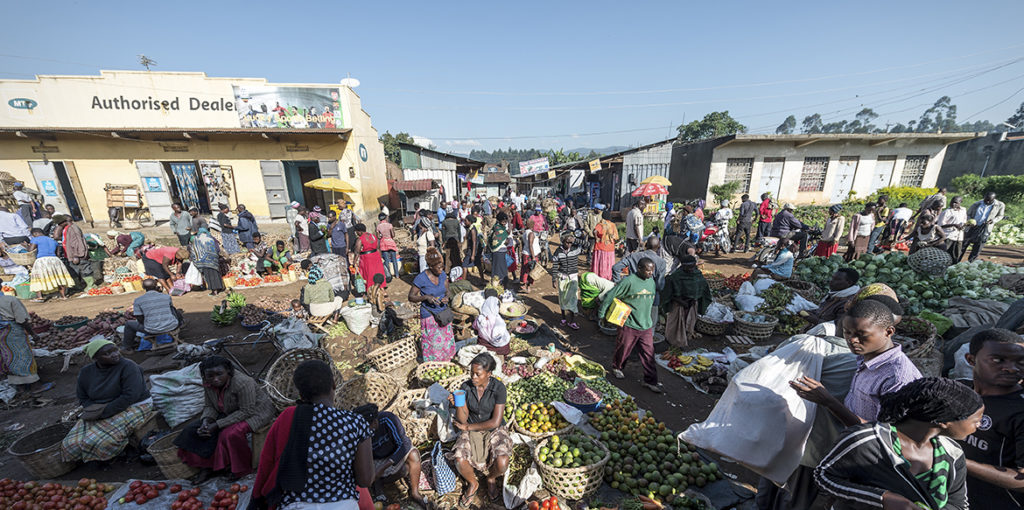Drums started to beat loudly, the sound ricocheting off the walls in a frenzy. A dancer, decked out in traditional, celebratory Zambian dress, moved to the beat as he danced his way to the front of the room. Small bells jingling with every step, he gradually approached the speakers waiting for him next to the podium. There he delivered a mysterious package wrapped in pink paper. It was the Sustainable Diets for All program’s new report, Beyond Maize, on how to diversify Zambia’s agriculture and diets. Hivos in Zambia certainly knows how to celebrate its work promoting crop diversification!
The event I attended was Hivos’ evaluation of its Zambia Food Change Lab, a multi-actor initiative started in 2015 to address challenges in Zambia’s food system, namely a double malnutrition burden – 40 percent of under-fives are stunted and 23 percent of Zambians are overweight – that is largely a result of the country’s dependence on maize as a staple. The Lab in Zambia is one of several Food Change Labs within the Hivos and IIED Sustainable Diets for All program, one of which was just acknowledged as a ‘Beacon of Hope’ in a report published by the Global Alliance for the Future of Food (GAFF).
So, what makes our Food Change Labs beacons of hope?
Taking stock of the Zambia Food Change Lab experience
At the event in Zambia, we took stock of the Lab experience, discussing some of the unique features of the Lab’s design and what lessons we’ve learned that will help us keep on transforming the Zambian food system. Our partner organizations from Uganda and Kenya joined us and shared their experiences, as well.
One of the main components of a Hivos Food Change Lab is getting all those involved in the food system into the same room to discuss and act on their priorities and concerns. From smallholder farmers and low-income consumers to traditional leaders, civil society organizations, food companies and government authorities, participants have gained a better understanding of each other’s realities by collaborating within the Lab. The Lab has also provided a platform for voices of women and youth, who are otherwise unheard but play a significant role in the food system. They are the ones who grow, pick, sell, buy and cook our food. Most importantly, the Lab helped participants achieve consensus on the key challenges facing the Zambian food system: limited diversity on Zambian farms and in local diets and too much reliance on maize.
“Prototypes” for change
One of the approaches the Zambia Lab participants worked on was “prototypes” to get civil society organizations and the government to collaborate more. Prototypes are small-scale interventions – a key element of all our Food Change Labs – that test the workability of certain solutions. The Lab formed four prototype groups for: increasing crop diversification; raising awareness of healthy consumption; involving youth in food system transformation; and making healthy food available for low-income consumers through informal markets like street food vendors.
The crop diversity group came up with a lobby for the introduction of an e-voucher system that lets farmers get seeds for crops other than maize. While implementing the new system was met with challenges, the effort helped Lab participants hone their skills so they can broaden the scope of their future advocacy and policy influencing. More information about the outcomes of the Zambia Food Lab can be found in the booklet, Taking stock: Zambia Food Change Lab.
Taking it to the next level
Moving forward, we’ve identified five key points of action to take our transformation of the Zambian food system to the next level and add this experience to our other Food Change Labs.
Eating healthy is a mindset.
Focus on farmers: the ‘Beyond Maize’ report showed that Zambia’s approach to diversifying agricultural production depends on the needs of farming households. The Food Lab partners will lobby for government services for farmers in certain regions to give them knowledge and training on food diversification and how to implement it. They will also organize visits among farmers to exchange knowledge on growing healthy foods. Some farmers will be selected to act as “food champions” to inspire and influence others.
Reinforce links to government:
we need to create stronger channels to feed information from the Lab into local and national government, as well as the private sector. The formation of a food policy council in Lusaka, and another in Kitwe, will be key to this.
Enhance community ownership: The Consumer Unity Trust Society (CUTS) signed a Memorandum of Understanding with the Lusaka City Council to promote sustainable diets and set up a Lusaka food policy council. This is a great example of using existing local structures, such as the partner organizations we work with, to ensure the longevity of the Lab. The Lab will only continue to exist if the participants are fully committed to seeing it into the future.
Promote sustainable diets innovatively: eating healthy is a mindset, and a good way to help people see the benefits of a sustainable diet is through food festivals that feature traditional recipes using local foods. A food festival lets us communicate the findings of the ‘Beyond Maize’ research to the general public in an enjoyable and accessible way. Involving the media is also critical, so we’ll explore joint research projects with the media to make sure they understand the issues at stake from the start.
Strengthen monitoring and evaluation: we’ll need better monitoring indicators to truly assess the changes being made within the food system, and particularly by the prototypes that are coming out of the Lab. This will help us measure the true impact of our work.
The goal is that the changes in policy and practice coming out of the Food Change Lab will continue to be a beacon of hope as Zambia continues taking steps to move “beyond maize”.
More “Beacons of Hope”
Our Uganda Food Change Lab was featured as one of 21 initiatives in the report mentioned above, “Beacons of Hope: Accelerating Transformations to Sustainable Food Systems”, that showcases inspiring solutions to urgent global issues like the climate emergency, migration, urbanization, and the need for healthier and more sustainable diets.
In Hivos’ Food Change Lab in Fort Portal, Uganda, different organizations and individuals started a multi-stakeholder dialogue about how to sustainably feed the city’s population. Government policy outlawed street vendors despite the heavy reliance on street food among many low-income citizens. However, the Lab managed to change the mindset of politicians about the inclusion of street food vendors. Read more about our initiative here.
Marching to the beat of our drum
Food system change is complex. It involves a myriad of actors and all manner of underlying issues and policies. But that’s exactly why it’s so inspiring to see food system transformation, even when it’s on a smaller scale. Weeks after the Zambia Food Change Lab event, the sound of the beating drums still rings in the hearts and minds of all of us who were there. We’ll keep marching forward to that beat, advocating for crop diversity and sustainable diets, until we’ve finally reached a Zambia that is ‘Beyond Maize’.

